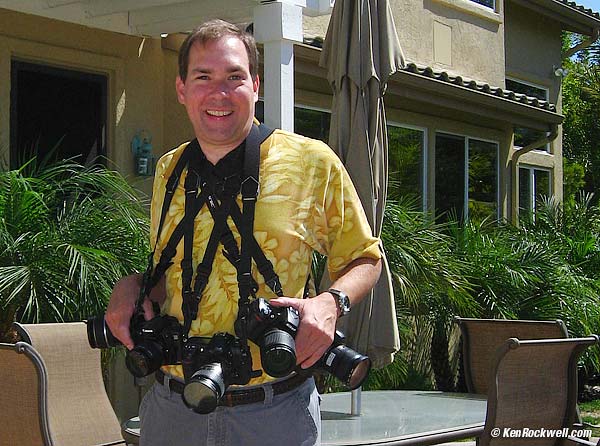NancyP
Veteran Member
EVERY high-precision manufactured product has some item to item variance from "ideal" specification. If your copy is smack in the middle, as most copies should be, you won't need microadjustment. If your copy is towards one of the tails of the bell curve, you can benefit from microadjustment.
Also, if you shoot Live View magnified manual focus for landscapes, you Don't Care about AF microadjustment. If you shoot birds in flight, you may not care about AF MA, because the variance of placing focus on the desired part of the bird (eye/head) is enough to cancel out any minor microadjustment. Or so Arash Hazeghi says, and he's a grand bird-in-flight photographer. If you shoot weddings, AF MA may matter a lot.
Also, if you shoot Live View magnified manual focus for landscapes, you Don't Care about AF microadjustment. If you shoot birds in flight, you may not care about AF MA, because the variance of placing focus on the desired part of the bird (eye/head) is enough to cancel out any minor microadjustment. Or so Arash Hazeghi says, and he's a grand bird-in-flight photographer. If you shoot weddings, AF MA may matter a lot.

